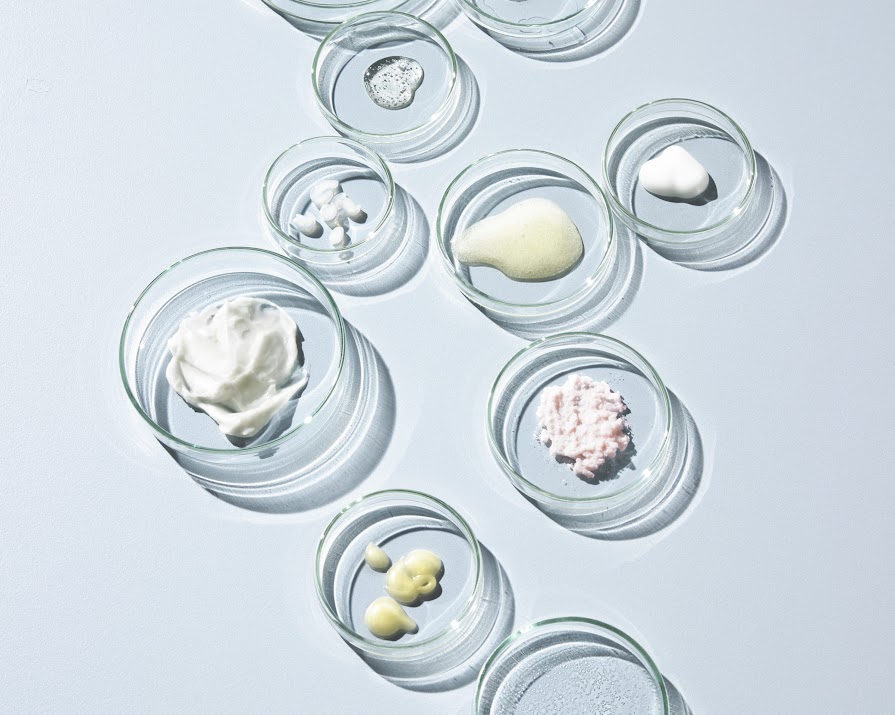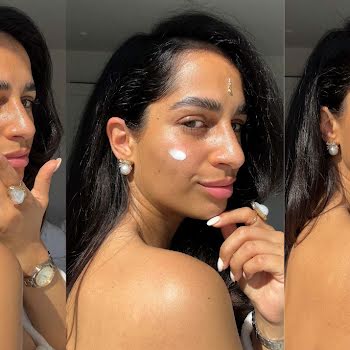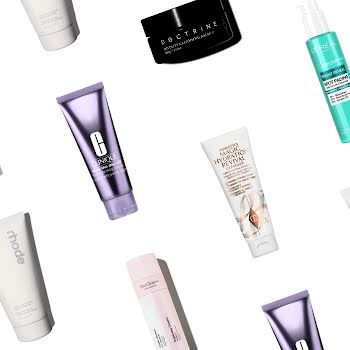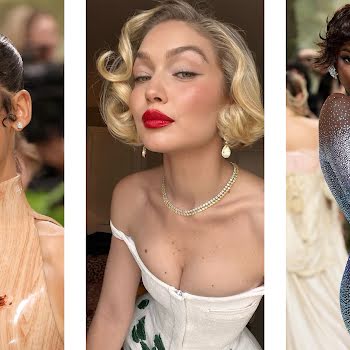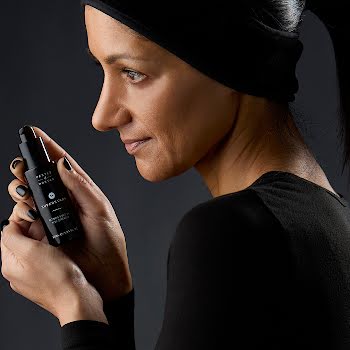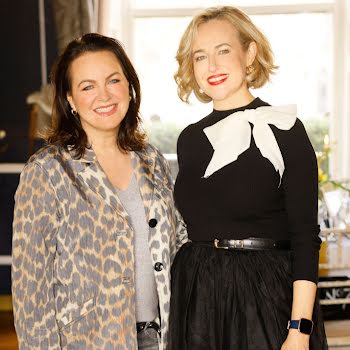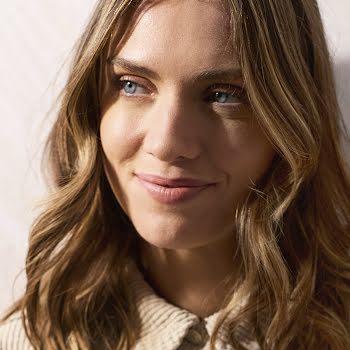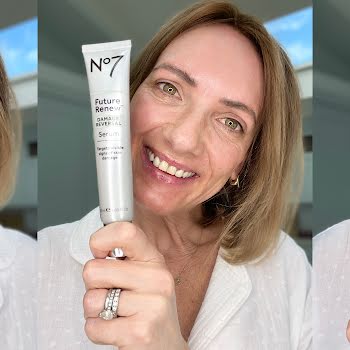By Holly O'Neill
03rd Jan 2020
03rd Jan 2020
In the Volume 1 (January/February) 2020 issue of IMAGE Magazine, on sale now, leading skincare experts weigh in on clean beauty’s dirty secrets and why you shouldn’t be afraid of your products. Here, Dr Anjali Mahto, author and consultant dermatologist, and Sam Farmer, founder of Cosmetic Information Network, cosmetic scientist and brand founder debunk the terminology around clean beauty.
Natural versus organic
A.M: “This is a conversation I have on a nearly daily basis with many of my patients. There is a general feeling that if a product is “natural” it is somehow better for your skin. The beauty industry relies on the fact that many of us don’t recognise or understand what the long list of chemical names on the back of our skincare products are or what they do. There is no standard definition for what makes a product “natural” and many “natural” ingredients are capable of causing skin allergy and irritation. ‘Non-toxic’, ‘clean’, ‘natural’ and ‘safe’ are all marketing terms when it comes to skincare. They have no legal definition.”
S.F.: “Neither organic or natural means anything. There is no legal definition in cosmetics. Some commercially driven businesses have created a certification based on their ethos and what they think ‘organic’ means in cosmetics. That is why there are so many of these commercial certification businesses out there – it’s a lucrative money-making scheme. Organic is a made-up marketing term to make money. And natural, what does this mean? Natural origin? Every cosmetic ingredient has gone through some type of synthetic process to reach cosmetic grade – even if that’s just filtration. How many processes does it take for an ingredient to no longer be classified as ’natural’?”
Toxic
S.F.: “Toxic is not relevant in cosmetics. No authentic cosmetic product in Europe is toxic – toxic is dose-dependent. If you see a brand talking about toxins or using ’non-toxic’ as a selling point, they should be embarrassed to be brand owners.”
Preservatives
A.M.: “Preservatives are absolutely essential in our skincare. If we didn’t have preservatives in our products, we would literally be smearing bacteria, viruses, fungi and mould over our faces within about 48 hours of our skincare being left open.
Free from
S.F.: “Talking about what is not in your product is laughable.”
Parabens
A.M.: “Parabens got a raw deal some years ago following a now-discredited scientific study which linked them with breast cancer. Unfortunately, the mud stuck and many people still choose to avoid products that contain them. They do remain, however, one of the safest preservatives and their use is strictly regulated under European law. As a skincare consumer as well as a dermatologist, I have no issues using products with parabens or synthetic preservatives.”
Synthetics
A.M.: “There is no evidence to suggest that synthetic preservatives are less safe than natural ones. Depending on how the product was grown or harvested, there is much more variation between product batches and there can be problems with skin sensitivity and allergies over time. As the media has demonised synthetic preservatives, many consumers wrongly feel choosing a product with alternatives is better.”
Sodium Lauryl Sulphate
A.M.: “Sodium lauryl sulphate (SLS), is used as a foaming agent in face wash and shampoos. It is generally only a problem for those with a skin condition such as eczema.”
Endocrine-disruptors
A.M.: “An endocrine disruptor is essentially an external substance which has the ability to alter the function of our endocrine (hormone) system and as a result will cause adverse health effects. Many natural and synthetic chemicals have endocrine activity. However, simply having endocrine activity does not mean it will lead to harmful effects or disrupt your endocrine system. There is no convincing evidence that ingredients found in our cosmetic products have the ability to cause endocrine disruption and harm our health.”
No Nasties
S.F.: “What? Like goblins and trolls?”
Photography by Getty.

Read skincare experts debunk clean beauty myths in the Volume 1 (January/February) 2020 issue of IMAGE Magazine, on sale now.
Read more: Editor’s Welcome – Lizzie Gore-Grimes on living with less
Read more: Your 2020 horoscope is here: an astrologist on what’s coming for your starsign this year
Read more: Kim Gray’s life hacks for minimalism, living with less and cutting out clutte











